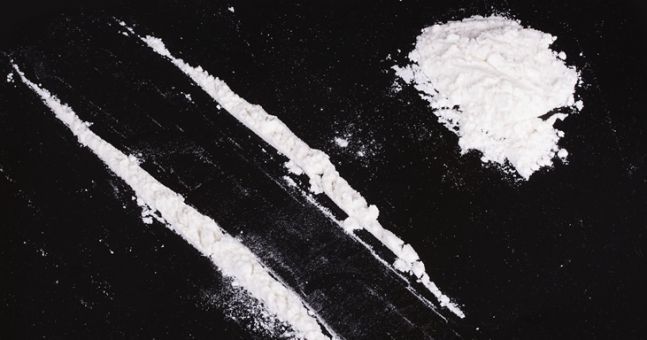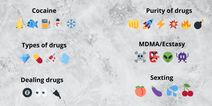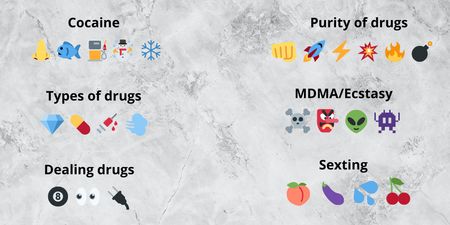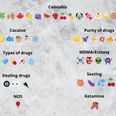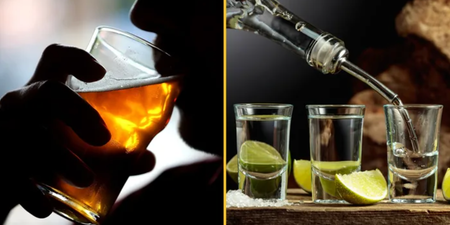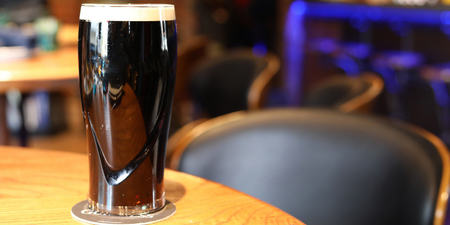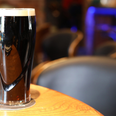One experience could be enough to trigger an addiction, the study warned.
A Canadian study has warned cocaine users that becoming addicted to the drug could be far easier than they might have thought.
The study, Cocaine Cue-Induced Dopamine Release in Recreational Cocaine Users, published in the medical journal Scientific Reports, found that visual cues associated with taking the drug triggered the release of dopamine – a chemical that causes people to seek pleasurable activities – even amongst recreational users of the drug.
Participants in the study were recruited as pairs of cocaine-using friends selected from over 1000 interviewed volunteers responding to advertisements placed in local newspapers.
All participants were male and free of current or past substance dependence.
The participants were initially filmed taking cocaine in a laboratory with a friend who had also agreed to take part in the study, with whom they had also taken the drug before.

Later, participants underwent a Pet scan (an imaging test of the brain) while watching a video of their friend taking cocaine and it emerged that doing so increased both craving and dopamine release in the dorsal striatum in the brain.
The effect, the study reported, was strongest immediately after the preparation of the drug at the beginning of the video and at the end of the scan, when subjects were once again provided with the opportunity to self-administer cocaine.
The findings demonstrated that exposure to highly personalised cocaine-related cues in recreational cocaine users provided the first evidence that this effect can be seen prior to the onset of a substance use disorder.
“An accumulation of these brain triggers might bring people closer to the edge than they had realised,” Professor Marco Leyton, an expert on the neurobiology of drug use and addictions at McGill University in Montreal, Canada, is quoted as saying in The Guardian.
“The study provides evidence that some of the characteristic brain signals in people who have developed addictions are also present much earlier than most of us would have imagined.”
The 2017 Global Drugs Survey, released this week, found that magic mushrooms were the safest drug to take recreationally, five times safer than cocaine.
LISTEN: You Must Be Jokin’ with Aideen McQueen – Faith healers, Coolock craic and Gigging as Gaeilge
